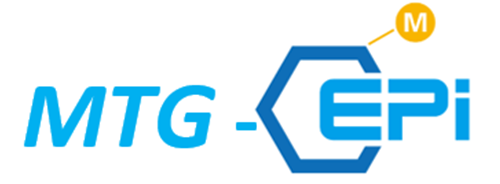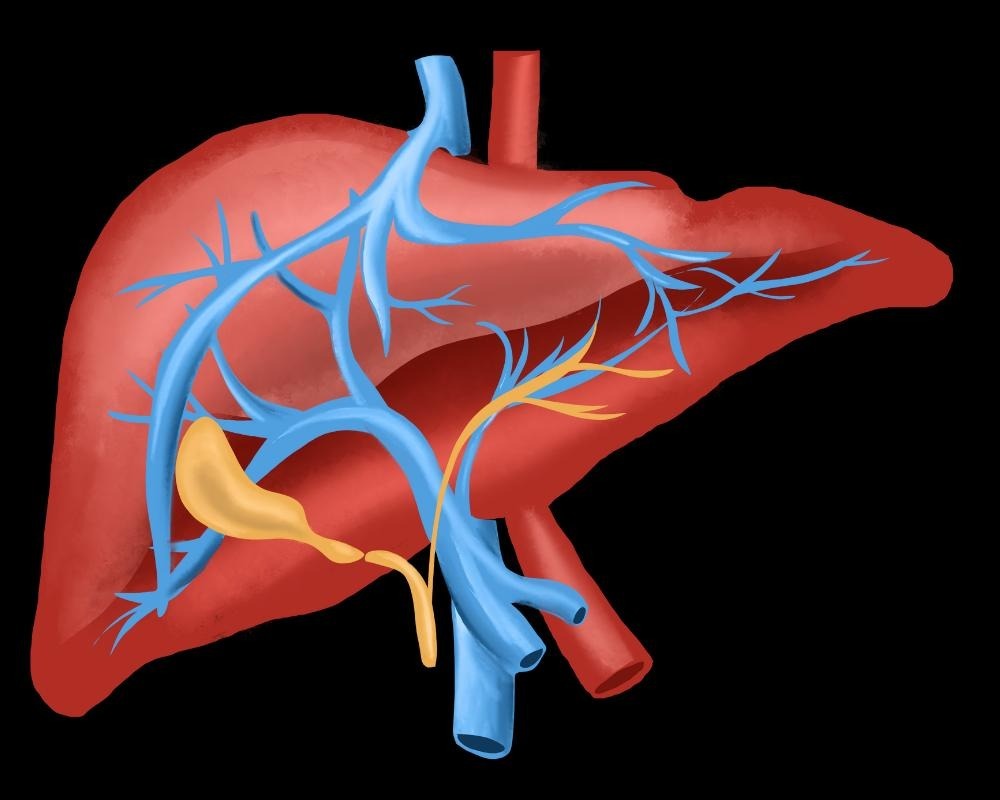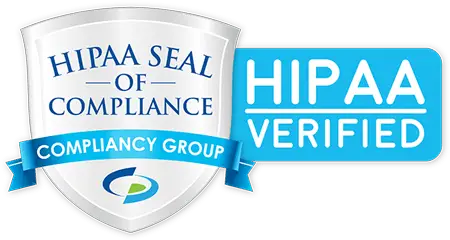Pioneering High-Throughput Assay for Swift Detect of Liver Cancer Unveiled by HKG Epitherapeutics Ltd and Collaborat
Unique DNA Methylation Analysis Revolutionizes HCC Detection
HONG KONG, SAR, China – June 7, 2023: We’re thrilled to announce our groundbreaking development! HKG Epitherapeutics Ltd, alongside the International Centre for Diarrhoeal Disease Research, Bangabandhu Sheikh Mujib Medical University, and a distinguished team of Bangladeshi clinicians and scientists, have jointly developed an advanced high-throughput assay. This breakthrough can significantly change the early detection of Hepatocellular Carcinoma (HCC) by analyzing unique DNA methylation signatures. It holds great promise for high-risk populations and aims to reduce both morbidity and mortality rates associated with this cancer.
Groundbreaking Assay
Our cutting-edge assay relies on sophisticated sequencing and multiplexing techniques. These methods effectively distinguish HCC samples from normal tissues, blood samples, and non-HCC tumors. Traditional diagnostic methods fall short in these aspects.
We evaluated the assay with 554 clinical study participants. The pool included HCC patients, non-HCC cancer patients, individuals with chronic hepatitis B, and healthy controls. Notably, the study showed an HCC detection sensitivity of 84.5% at 95% specificity. This result highlights the assay’s potential for early detection of HCC.
Professor Szyf’s Insights
Professor Moshe Szyf, Chairman of HKG Epitherapeutics Ltd and an epigenetics pioneer, shares his enthusiasm. He believes the study solidifies the company’s approach. By using epigenetics and next-generation sequencing, HKG Epitherapeutics aims to establish a global platform for early disease detection. Furthermore, Professor Szyf confirmed that the company is gearing up to offer this test. HKG Epitherapeutics plans to provide it through its CLIA-CAP accredited laboratory in HK Science Park.
David Cheishvili’s Perspective
David Cheishvili, who leads research and innovation at HKG Epitherapeutics Ltd, had this to say: “Our high-throughput assay marks an incredible advancement in cancer detection. Its significant contribution to the early detection of HCC can transform cancer diagnostics and improve patient outcomes.”
The Vision of Mamun Al Mahtab
Mamun Al Mahtab, a prominent Bangladeshi hepatologist and medical scientist, emphasizes the breakthrough’s importance. “This development is a huge step towards establishing a standard early detection tool for individuals at high risk of HCC,” he said. He also highlighted how it can greatly mitigate the devastating impact of the disease.
Remarks from Wasif Ali Khan
Wasif Ali Khan, a scientist at icddr,b, considers this breakthrough a pivotal moment in HCC detection. He said, “This advancement has an immense potential to save lives, reflecting our team’s commitment to enhancing the health of the population in Bangladesh. We plan to launch this test in Bangladesh to alleviate the burden of HCC and improve public health.”
For more information about this study, please contact Prof. Moshe Szyf at moshe.szyf@a4dlearning.360dtechologies.com, Dr. David Cheishvili at david.cheishvili@a4dlearning.360dtechologies.com, Dr. Wasif Khan at wakhan@icddrb.org, or Professor Dr. Mamun Al Mahtab at shwapnil@agni.com.
About HKG Epitherapeutics Ltd.
HKG Epitherapeutics Ltd. dedicates itself to developing early detection tools based on epigenetic technology and advanced next-generation sequencing. Led by renowned epigeneticist Professor Moshe Szyf, the company aims to enhance cancer diagnosis, treatment, and patient outcomes.
About icddr,b
icddr,b is an international public health research institute in Bangladesh. Since its inception in 1960, icddr,b has been leading the charge in finding low-cost solutions to public health challenges for impoverished populations. Through robust evidence of effectiveness, icddr,b has saved over 70 million lives worldwide with its focus on ORT and expansion into global public health challenges.
Recent Press Releases
-
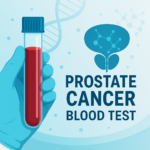 13 Jun 2025MTL Epitherapeutics and RI-MUHC Develop Early Prostate Cancer Blood Test
13 Jun 2025MTL Epitherapeutics and RI-MUHC Develop Early Prostate Cancer Blood Test -
 11 Jan 2025EpiAge Research Publication Signals a New Era in Understanding Biological Aging
11 Jan 2025EpiAge Research Publication Signals a New Era in Understanding Biological Aging -
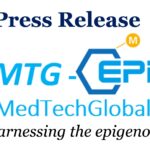 18 Nov 2024EpiMedtech Global Announces FDA Registration of EPIAGE, the First Epigenetic Age Test Registered by the FDA
18 Nov 2024EpiMedtech Global Announces FDA Registration of EPIAGE, the First Epigenetic Age Test Registered by the FDA -
 18 Nov 2024EpiMedTech Global Validates Unique epiCervix HPV Combo Test for Cervical Cancer Detection
18 Nov 2024EpiMedTech Global Validates Unique epiCervix HPV Combo Test for Cervical Cancer Detection -
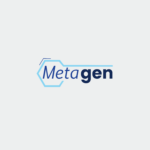 31 Oct 2024HKG epiTherapeutics’ MetaGen Genetic Risk Assessment Test Receives FDA Registration, Now Available in the U.S.
31 Oct 2024HKG epiTherapeutics’ MetaGen Genetic Risk Assessment Test Receives FDA Registration, Now Available in the U.S. -
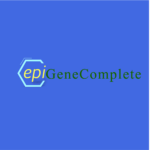 31 Oct 2024EpiMedTech Global Launches epiGeneComplete: A Breakthrough Genetic and Epigenetic Test for Comprehensive Health Diagnostics
31 Oct 2024EpiMedTech Global Launches epiGeneComplete: A Breakthrough Genetic and Epigenetic Test for Comprehensive Health Diagnostics -
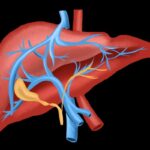 30 Oct 2024Enhanced Early Detection of Liver Cancer
30 Oct 2024Enhanced Early Detection of Liver Cancer -
 27 Aug 2024EpiMedTech Global to Present at the 150th National Investment Banking Association Conference Slated for September 4-5 in Ft. Lauderdale
27 Aug 2024EpiMedTech Global to Present at the 150th National Investment Banking Association Conference Slated for September 4-5 in Ft. Lauderdale
